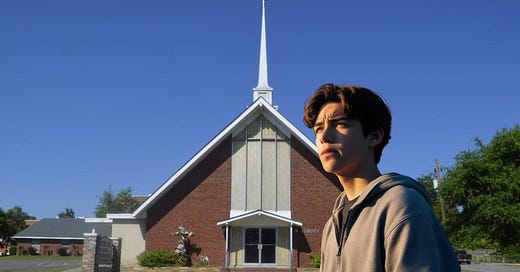Trend of fewer Americans identifying as Christian appears to be slowing, according to new Pew Research study
The number of Americans who identify as Christians has steadily declined over the years. However, recent data from the Pew Research Center suggests the trend may be slowing.
According to the latest Religious Landscape Study:
62% of U.S. adults now identify as Christians.
It is a notable decrease from 78% in 2007.
The proportion of Christians has remained relatively stable since 2019.
Additionally, the rapid increase of the religiously unaffiliated, often referred to as “nones,” has also seemed to have plateaued:
Nones make up about 29% of U.S. adults who are religiously unaffiliated.
The group includes: 1) Agnostics (6%), 2) Atheists (5%), and 3) Those with no particular religious affiliation (19%)
“It’s remarkable to observe this recent period of stability in American religion after such a long decline,” said Gregory Smith, co-author of the study. “However, it's uncertain whether these short-term signs of stabilization will result in a lasting change in the country’s religious trajectory.”
Despite a decline in formal religious affiliation, a majority of Americans maintain a spiritual outlook:
About 83% believe in God or a universal spirit.
86% believe that people possess a soul or spirit.
About seven in 10 Americans believe in the concepts of heaven, hell, or both.
Generational Differences in Religious Affiliation
Young adults are generally less religious than their elders. Despite widespread spirituality, indicators suggest a potential future decline in religious affiliation:
46% of the youngest American adults identify as Christian.
80% of the oldest Americans identify as Christian.
Young adults are three times more likely to be religiously unaffiliated than their older counterparts.
“These generational differences have driven the long-term decline in American religion,” Smith said. “As highly religious older cohorts pass away, they are replaced by younger adults who are less religious than their parents and grandparents.”
Between 2007 and 2024, Pew studies fail to show that Americans become more religious as they grow older.
Smith added, “For the decline in American religion to halt, either, 1) Adults would need to become more religious with age, or 2) New generations would need to be more religious than their parents.”
Sources:




